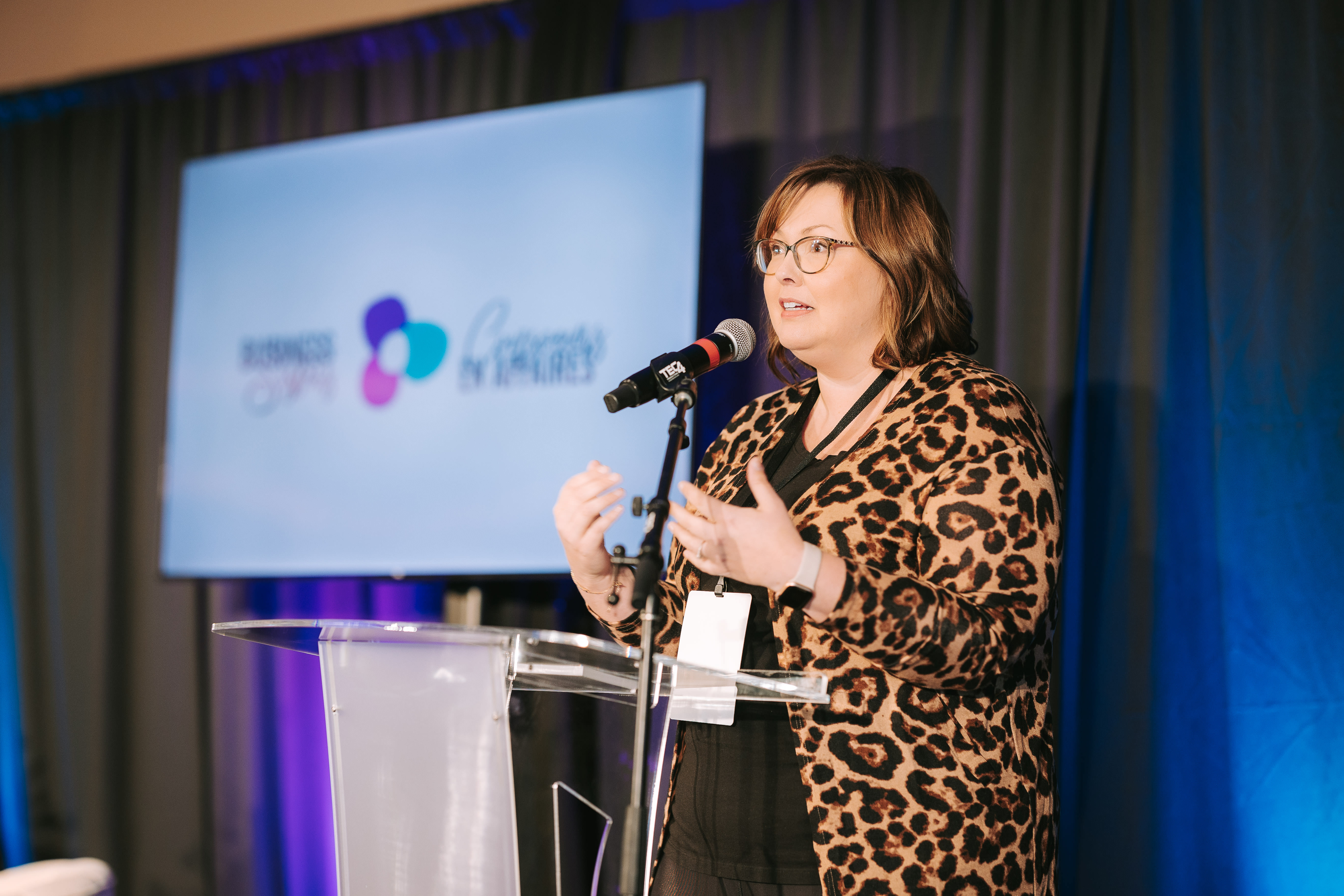By using this website, you agree to cookies being stored on your device in order to improve site navigation, analyse site usage and contribute to our marketing efforts. See our privacy policy for more information.
The 3 Behaviours That Led Entrepreneurs to Their Undoing During COVID

During the pandemic I was fortunate to help entrepreneurs in my area in my position as COVID-19 Business Relief Advisor for ACCFutures, a local economic development agency. I personally interacted online with hundreds of business owners in Eastern Ontario.
About 3/4 of the time, I was able to direct them to support programs which involved low interest loans or in some cases grants.
Some business owners did not qualify, especially if they the misfortune of opening a business just before COVID hit in March 2020. Sadly, others fell through the cracks due to their own undoing. Here are three behaviors I noticed that led them there:
#1 Living Under a Rock – Many missed deadlines because they claimed they were not aware of what was available. I dare say some didn’t bother looking into it until things got critical, but most were missing a key factor in entrepreneurial resilience: a connection to a circle of business owners, such as a Chamber of Commerce or a professional association.
#2 Head in the Sand About Financials – Others simply were not on top of their financial situation. They scrambled to file paperworkbecause they depended on outside experts such as bookkeepers or accountants. Unfortunately, many were themselves completely overwhelmed because everyone needed financials!
According to the Government of Canada, 895,666 businesses were approved for Canada Emergency Business Account (CEBA) loans, totaling $48.93 billion. The Canadian Federation of Independent says this represent 3 out of 5 Canadian businesses. These loans are partially forgivable as repaying the balance of the loan on or before Dec. 31, 2022, will result in loan forgiveness of up to 33%.
#3 Humility or Hubris – Finally, there was a significant group of people who seemed in denial or too proud to get help. I heard “Oh someone needs it more than me,” or “I have never had to ask the government for help!” One business owner bristled at being asked to put their spouse’s name on a form. I explained to her this was a requirement of the program and did not discriminate – this was required information for both women and men business owners. Unfortunately, her refusal meant she could not access what surely was much needed funding for her business. Humility (?) and pride interfered with many owners’ willingness to seek help.
To be sure, many of these applications were tedious. But the year I have spent thus far in this role for me have driven home the point the need for sharing of resources and connecting entrepreneurs together so that they can feel more comfortable and more financially literate. The pandemic’s effects on women business owners continues to be felt right across the globe. At times resilience has meant closing shop, taking the loss, and moving on. If you are still hanging in there, and need a sympathetic ear, please reach out. It’s never too late!
What Do You Think?
Please share your experiences and thoughts below. Let’s learn from one another and celebrate each other’s successes.
Thanks for reading!
During the pandemic I was fortunate to help entrepreneurs in my area in my position as COVID-19 Business Relief Advisor for ACCFutures, a local economic development agency. I personally interacted online with hundreds of business owners in Eastern Ontario.
About 3/4 of the time, I was able to direct them to support programs which involved low interest loans or in some cases grants.
Some business owners did not qualify, especially if they the misfortune of opening a business just before COVID hit in March 2020. Sadly, others fell through the cracks due to their own undoing. Here are three behaviors I noticed that led them there:
#1 Living Under a Rock – Many missed deadlines because they claimed they were not aware of what was available. I dare say some didn’t bother looking into it until things got critical, but most were missing a key factor in entrepreneurial resilience: a connection to a circle of business owners, such as a Chamber of Commerce or a professional association.
#2 Head in the Sand About Financials – Others simply were not on top of their financial situation. They scrambled to file paperworkbecause they depended on outside experts such as bookkeepers or accountants. Unfortunately, many were themselves completely overwhelmed because everyone needed financials!
According to the Government of Canada, 895,666 businesses were approved for Canada Emergency Business Account (CEBA) loans, totaling $48.93 billion. The Canadian Federation of Independent says this represent 3 out of 5 Canadian businesses. These loans are partially forgivable as repaying the balance of the loan on or before Dec. 31, 2022, will result in loan forgiveness of up to 33%.
#3 Humility or Hubris – Finally, there was a significant group of people who seemed in denial or too proud to get help. I heard “Oh someone needs it more than me,” or “I have never had to ask the government for help!” One business owner bristled at being asked to put their spouse’s name on a form. I explained to her this was a requirement of the program and did not discriminate – this was required information for both women and men business owners. Unfortunately, her refusal meant she could not access what surely was much needed funding for her business. Humility (?) and pride interfered with many owners’ willingness to seek help.
To be sure, many of these applications were tedious. But the year I have spent thus far in this role for me have driven home the point the need for sharing of resources and connecting entrepreneurs together so that they can feel more comfortable and more financially literate. The pandemic’s effects on women business owners continues to be felt right across the globe. At times resilience has meant closing shop, taking the loss, and moving on. If you are still hanging in there, and need a sympathetic ear, please reach out. It’s never too late!
What Do You Think?
Please share your experiences and thoughts below. Let’s learn from one another and celebrate each other’s successes.
Thanks for reading!

Continue Reading
Join us by signing up for our free e-news.




































































Join the conversation